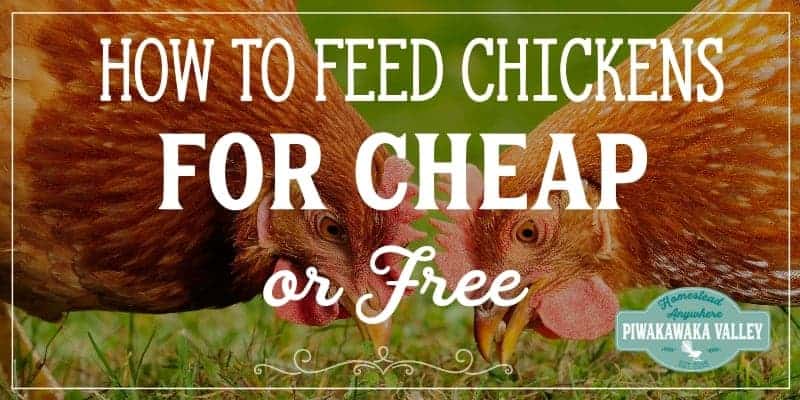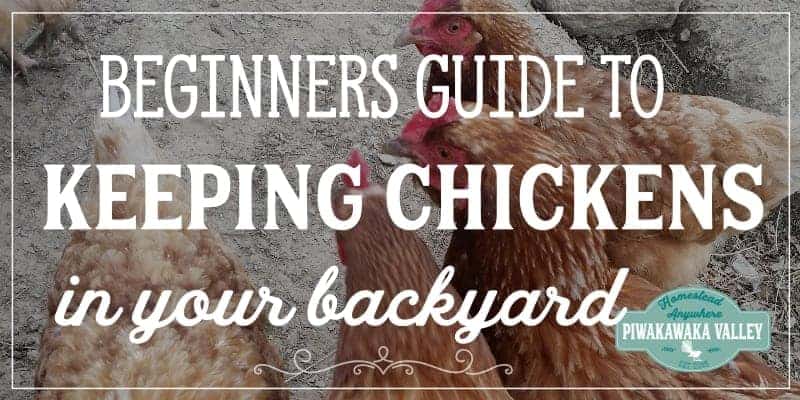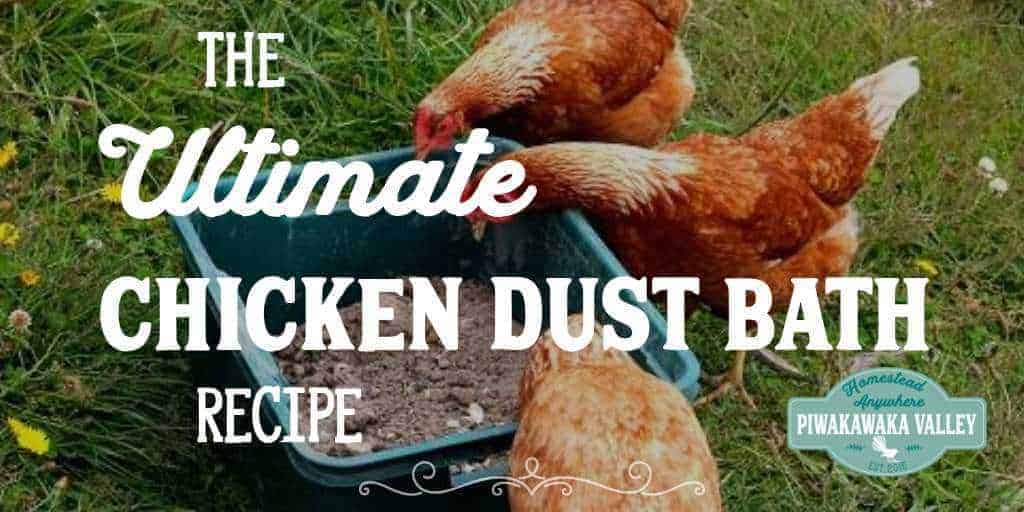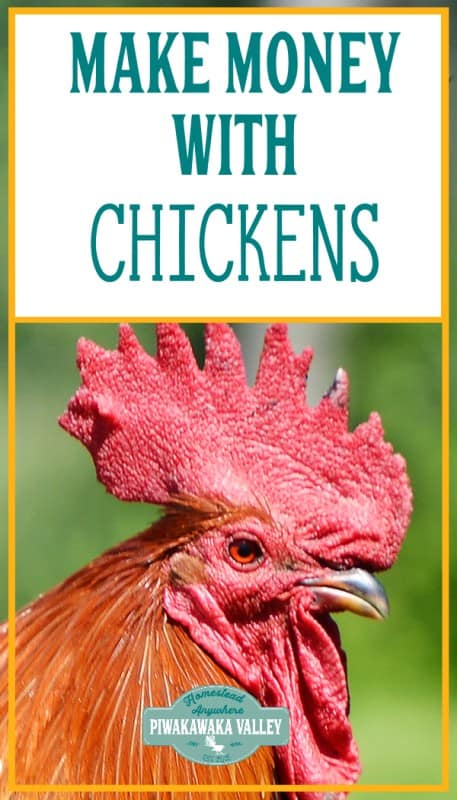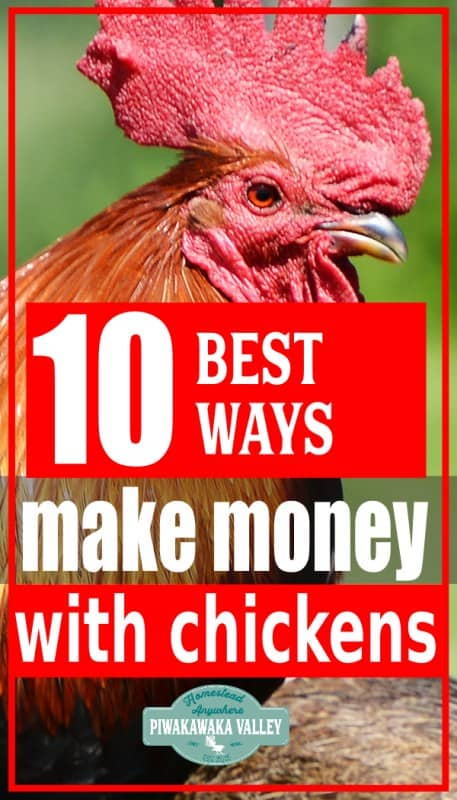This post was most recently updated on April 6th, 2021
Are you wondering how to make money with chickens? In this article I will tell you what we do that works and it helps us earn money from our backyard hens.
Please read: This information is provided for educational purposes only and is not intended to treat, diagnose or prevent any disease. We encourage you to make your own health care decisions in partnership with a qualified health care professional.
This post contains affiliate links, this means at no extra cost to you, we make a commission from sales. Please read our Disclosure Statement
Chickens are a great way to increase your food resilience and self reliance. They are small and easy to keep, most cities allow you to have at least a few in your backyard and they can help get rid of vegetable scraps and turn them in to yummy eggs.
If you are just wanting to keep a few chickens for their eggs, the commercial hybrid varieties are the most efficient egg producers, but if you want some more interesting breeds check out these heritage egg layer ideas.
Making money from backyard chickens
If you are thinking about using a backyard flock to make you some extra cash here are some ideas for making money with chickens.
1. Sell excess eggs
If you have laying chickens already in your backyard you can sell excess eggs to friends and family. At our local supermarket free range eggs range in price from $7 to $10 (for pasture raised) a dozen.
We sell our eggs for $7 a dozen to friends and family and we rarely have too many eggs left over.
We found that demand greatly outstripped supply so we have increased our laying flock to 50 birds.
RELATED: How we cut our chicken feed bill in half
How to ensure you have eggs year round
We have them in two halves, so that we only replace half of them at a time. We get 25 new pullets each spring to raise on so they start laying in Autumn and they will keep our egg supply up over the winter while the 1 year old birds molt.
Commercial egg production farms use lighting on timers year-round to ensure the hens are getting at least 14 hours of day light each day which keeps them laying but does not allow them to take a natural molt/break.
It is up to you whether you also want to do this, we do not as we like to allow our hens a natural break from laying.
Best breeds for selling backyard eggs
For our egg layers we keep brown shavers, these are one of the two hybrid laying varieties available in NZ. They are small, eat little, forage well and are quiet and friendly.
The only down side to hybrids is that they stop laying consistently after they are 18-24 months old so to keep optimal egg production for the amount of food they eat, you will have to replenish your chickens every couple of years.
For longer term egg production and a prettier flock you can raise heritage breeds instead, they will not lay quite as consistently (though some are pretty good) but they can lay for 4-5 years.
2. Sell fertile eggs
Fertile eggs are another way to make money from chickens. Fertile eggs of some breeds will sell up to $4 each at time of writing.
The price for farm-mix eggs are usually around $1.5-2 each and more interesting pure heritage breeds are between $3-4 each.
To do this you will have to course your flock and a rooster from reputable breeders and ensure all the chickens you are using to breed are in good health and up to breed standard.
You will need to keep each breed separate with their own rooster to ensure you have pure bred eggs.
Hens can remain fertile from a single mating for up to 3 weeks, so if you are swapping out the roosters be sure to allow that time to pass before you start keeping the eggs to hatch again.
Of course fertile eggs that have not been kept warm can be sold as normal eating eggs as well, but you will get a lot more per dozen if you can sell them as hatching eggs.
Collecting eggs for hatching
Collect your hatching eggs each day, write on them with pencil the date and the name of the breed. Be sure to keep the nests full of hay so the eggs are nice and clean.
Avoid washing the eggs as this removes the bloom that naturally seals and protects the shell from bacteria. If eggs are very soiled do not keep them for hatching.
Storing eggs to hatch
Most people do not mind waiting for you to collect enough eggs to fill an order.
Eggs should not be any more than 10 days old and kept some where cool and dark but not in the fridge. Around 15C or 60F is ideal.
Store eggs point side down in an egg carton and tip them gently side to side a few times a day, I find sitting a book under one side of the box and then swapping it to the other side is enough.
Checking hatching eggs fertility
Before you sell your eggs as hatching eggs it is really good form to check the fertility and hatch rates of your eggs.
To do this it is best to put your eggs in an incubator for at least 12 days and then candle them to check for progress. Avoid selling from the groups of chickens that have low fertility. Try again in a few weeks if it is early in the season (spring).
3. Sell day old chicks
Most people don’t have an incubator or a broody hen, but lots of people like having the chance to raise baby chicks. If you invest in an incubator you could have a fairly steady supply of baby chicks every 3 weeks.
Baby chicks sell for between $5-10 each for heritage breeds. You can advertise your chicks before they hatch, but don’t take solid orders until they are actually hatched and alive.
Sell your chicks as “straight run” ie unsexed, if you don’t know how to sex them young, or if you don’t want to have to deal with the young roosters.
Straight run chicks sell for less than just females would as the buyers are taking a gamble on what gender they get but it saves you a lot of work.
People buying day old chicks will need a brooder with a heat lamp or heat pad for the first 4 weeks of the chicks lives.
4. Barn chicks
Barn chicks are still babies, but they are sold at 4 weeks old when they no longer need a brooder. They are fully feathered and not as cute as fluffy day old chicks, but they are more hardy and ready to go to homes that don’t have brooders.
Barn ready chicks are not big enough to fend off cats or predators so they still need a safe run and somewhere secure to go to at night.
Barn chicks are often sold as straight run, and sell for around $15 each.
5. Sell pullets
Once your chicks are about 18-22 weeks old they are considered point of lay and are able to be sexed and the pullets are then sold. A pullet will sell for $30-70 each depending on the breed.
Araucana chickens are very difficult to work out if they are hens or roosters until very late. Often it is not until the hens start laying and the roos start crowing that you can tell the difference.
Pullets have eaten the most out of all the options, and you have had to raise both hens and roosters until they are old enough to tell them apart so pullets are sold at a premium rate.
6. Sell breeding trios or groups
Sometimes people are interested in their own breeding groups, in this case you can sell a group of hens and a rooster.
If you have special project hens – like you have bred some heritage meat birds or a particular strain of coloured eggs you are likely to be able to find someone that would like some of what you have.
Homesteaders or people on lifestyle blocks will often want a flock that are ready to go and they have the space for a rooster as well.
Dual purpose breeds are often in demand with this sort of set up. Find out what breeds are popular here.
7. Sell manure
Chickens poop. A lot. If you have enough manure to go on your garden, excess chicken poop can be sold for a profit to local gardeners.
Chicken poop is not likely to cause the aminopyralid contamination issues that cow, sheep and horse manure can.
RELATED: Using chicken manure in the garden
8. Sell feathers
Feathers are another by-product of raising chickens. Some feathers sell well to make fishing lures. Rooster saddle and tail feathers are used for crafts and good sized wing feathers make good quills.
9. Meat birds
If you have some space and are looking for a real way to make money with chickens, you could look in to raising pasture raised meat chickens.
To do this you need to use hybrid meat chickens that are commercially available. You buy them in as day old chicks and raise them out to 8 weeks old.
In NZ we cannot process animals without a certified processing plant, but if you work with MPI you can set this up in a shipping container.
I recommend getting Joel Salatin’s book Pastured poultry profits which you can check out here.
Pasture raised chicken sells for a premium as it is a premium product and commercially raised chicken simply does not compare.
10. Run workshops
People want to learn skills that they can use. Holding workshops is a great way to pay for your time while helping others learn something new.
Topics might include
- Incubating eggs
- Raising chicks
- Processing meat birds
If you are wanting to raise chickens for a profit, these tips will help you work out a strategy to help make money from your chickens. They might not make you enough income to retire on, but they should make enough to pay for their own feed plus some profits for you.
If you like tips on frugal living, self sufficiency and consuming less, sign up to our newsletter below, I would LOVE to have you!
What plant do you have for your place? Share your chicken experiences with me in the comments below!
Please pin and share with your friends.





